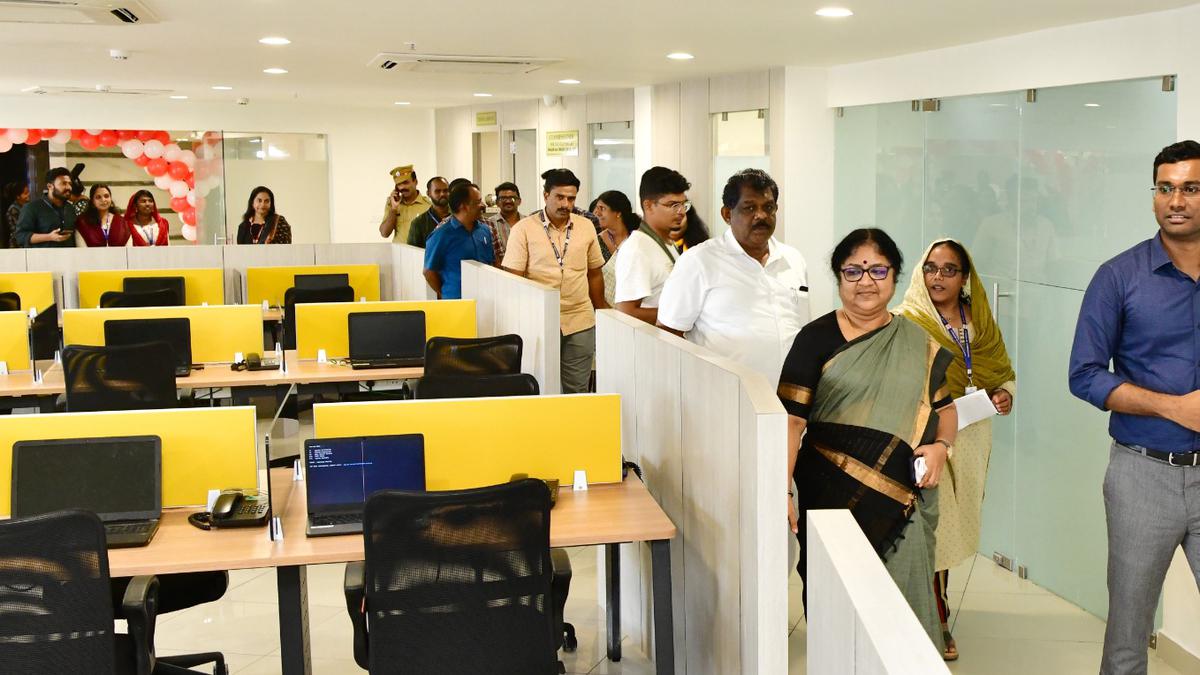
State begins steps to conduct engineering entrance exam through online mode from next year onwards
The Hindu
New office of the Commissioner for Entrance Exams start functioning at Thampanoor
Higher Education Minister R. Bindu has said the government has initiated steps to conduct the engineering entrance examination in the State through online mode next year onwards.
Inaugurating the new office of the Commissioner for Entrance Examinations (CEE) in the KSRTC bus terminal complex here on Monday, Dr. Bindu said preliminary efforts were already under way to introduce the online examination.
The modernised office has commenced functioning on the seventh floor of the complex at Thampanoor. Since its inception in 1983, the office has been beset with space constraints at its previous location at the Kerala State Housing Board building at Santhi Nagar here. The office of the CEE conducts seven entrance examinations and the allotment process for 14 courses.
The new facility spread across an area of 9000 sq.ft. has been furbished at an expense of over ₹4 crore.
Dr. Bindu also inaugurated an Integrated Grievance Redressal and Helpline Information System Call Centre that has been established with assistance from the Kerala State IT Mission.
The new facilities, she said, was to improve accessibility for students and parents, and to resolve doubts in an effective manner. The office would strive to uphold good service standards and ensure student convenience, she added.
Transport Minister Antony Raju, who presided over the function, said the new office had been located at a place that could be easily reached by train and bus.













